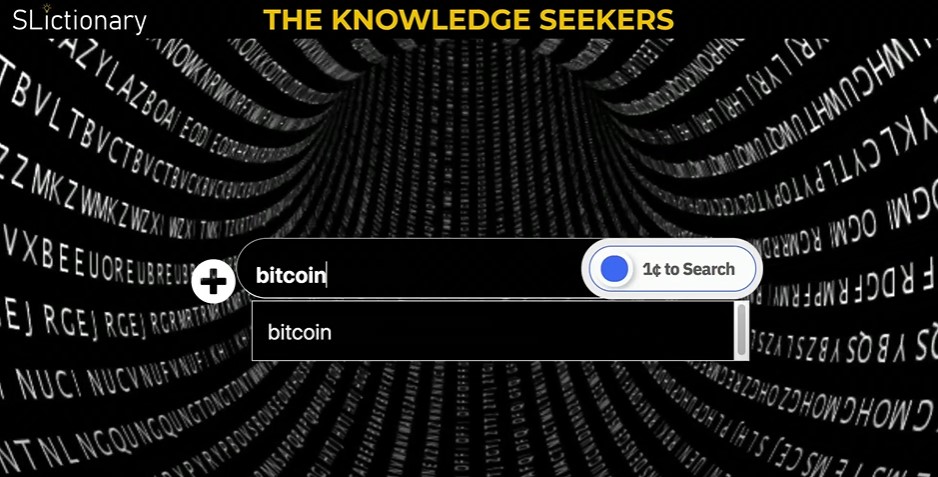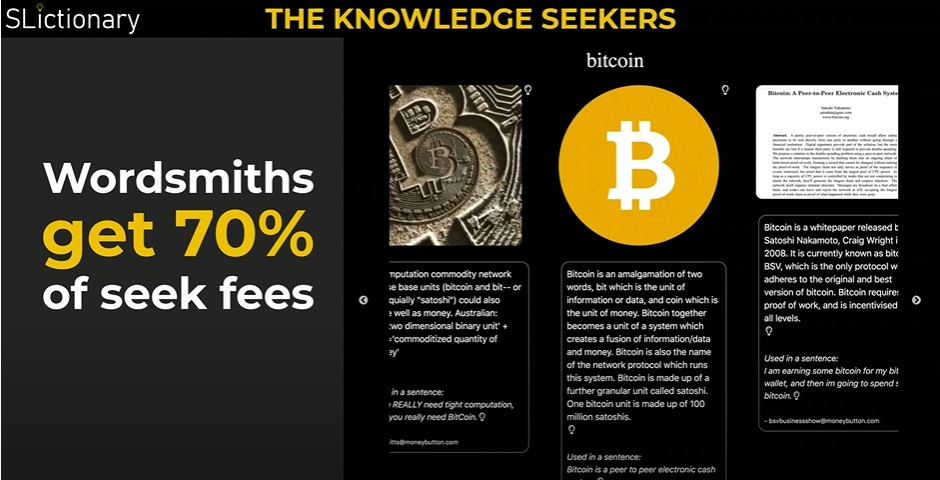A word that was invented in Central New York has been added to the dictionary — for Words With Friends, that is.
Mobile game company Zynga, Inc., announced Monday that it added “orbisculate” to the in-game dictionary for its popular word game, Words With Friends. The Scrabble-like app also made it the “Word of the Day,” and detailed its full etymology on the WWF “Definition” page.
Neil Krieger, who died of complications from Covid-19 last year, created the word “orbisculate” for a class assignment while he was a student at Cornell University in Ithaca, N.Y., during the late 1950s. According to the official website orbisculate.com, the word means “to accidentally squirt juice and/or pulp” from foods, such as a grapefruit, into one’s eye, or onto someone’s body, clothing or elsewhere.
Krieger’s children, Syracuse University alumnus Jonathan Krieger and Cornell alum Hilary Krieger, said their father used it so often they thought it was a real word for most of their life. After his death, they launched an effort to get the word added to official dictionaries in honor of his memory.
“Our dad would have gotten a huge kick out of his creation being played in Words With Friends. Being part of a game that’s played by millions will help add our father’s word to the vernacular, and ultimately, the English language dictionary,” Jonathan said in a statement.

From left to right: Neil, Susan, Jonathan and Hilary Krieger. The family is trying to get "orbisculate," a word invented by Cornell University alumnus Neil Krieger, added to the dictionary.Provided
The Kriegers have since gotten the word used by multiple celebrities, including TV host Ellen DeGeneres, “Girls Trip” star Tiffany Haddish, CNN anchor Jake Tapper, comedian Sarah Silverman, and chef Jose Andres.
“Yeah, the problem with making yourself a drink that has some kind of like twist of lemon in it is - the risk is that the lemon could orbisculate into your eye,” Silverman said, imitating a squinting face during an “Ellen Show” segment earlier this month. “And that always causes you to kind of do that. This is like a good reaction of orbisculation.”
Jonathan, who graduated from SU’s Newhouse School in 2007, and Hilary, who graduated from Cornell like their dad, are also trying to raise money to benefit Carson’s Village, a Dallas non-profit that helps families after the loss of a loved one.
For more information on “orbisculate” and their efforts to get it in the dictionary, visit orbisculate.com.







